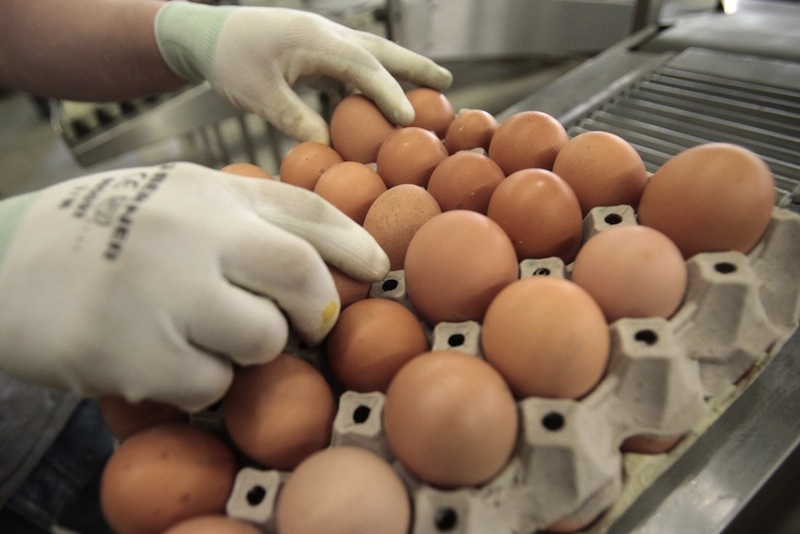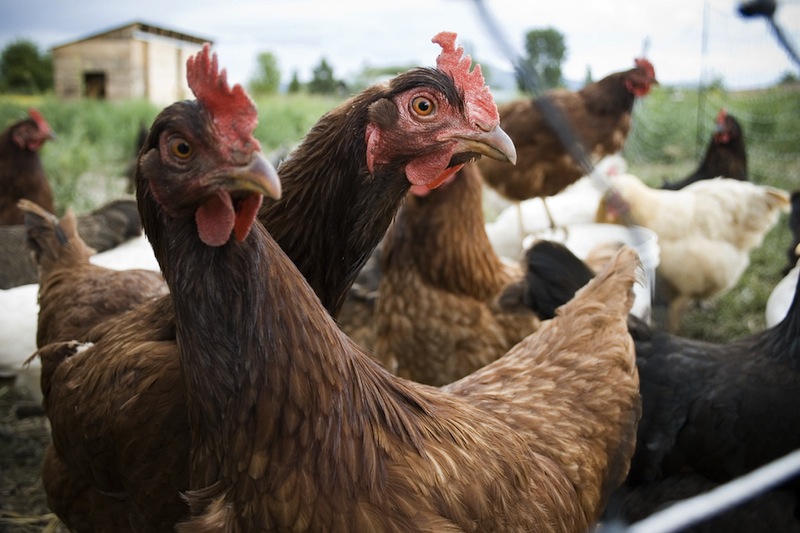Roti telur, nasi goreng, prawn mee, nasi lemak, cheesecakes and . What do all these foods have in common? The ubiquitous egg of course! Eggs have been a popular source of protein since ancient times with this versatile ingredient being used in all types of cooking and remedies. It is cheap, convenient, tasty and nutritious which can be prepared in a variety of methods from poaching to frying.
According to a recent report, the average Malaysian consumes three eggs a day and three chickens a month as compared to our Indonesian neighbours whose per capita consumption is about one chicken every four months and one egg a week.
Eggs are viewed negatively by certain parties believing them to be high in cholestrol or may carry salmonella. The truth is, heart associations and doctors worldwide actually propagate the fact that eggs actually contain healthy levels of cholestrol and do not pose cholesterol risk. Eggs are rich in vitamin A, D, E, omega 3 fatty acids, beta carotene and saturated fat (the healthy type of course!), all which are good for you and your family.
Hen eggs are more commonly used in cooking and they come in various sizes and in different shades of brown and white. If you’re buying eggs from the supermarket you’ll notice they have labels such as ‘farm fresh’, ‘barn eggs’, ‘organic eggs’, ‘pasteured eggs’ and ‘free range’. An egg’s an egg right, so why all the different terms? Here’s the difference.
Farm fresh
Farm fresh is a generic term that doesn’t really tell much about where or how the egg has been processed other than the obvious fact that it came from a farm. Eggs of this sort usually come from chickens kept in tight little cages without much space to move.
Pasteurized eggs
Pasteurization is done to reduce the possibility of food-borne illness in dishes that are not cooked or lightly cooked. They may be sold as liquid egg products or pasteurized in the shell. Pasteurized eggs may not work as good as other eggs when it comes to baking.
Free range eggs
This term is used largely in Western countries such as Europe and Australia where hens are allowed to roam around in the sun and peck around instead of being raised in tight little cages, with a maximum of 2,500 birds per hectare. This method is more humane.
Organic eggs
Just like organic vegetables, the eggs are sourced from chickens that were not fed any drugs, hormones, antibiotics or any animal by-products (parts such as the beak, horns, tail) and their food is free from pesticides, herbicides or any commercial fertilizers. This diet is believed to make the eggs safer and purer. They also enjoy the freedom of free-range hens.
Omega 3 eggs
Omega 3 eggs started becoming popular over the past decade and is relatively more expensive because they contain more fatty acids which supposedly benefits heart health and have higher vitamin E content because the hens are fed higher quality grains.
Eggs should be stored in a cool and dry place like your fridge so that they last longer but it’s ideal to bring them up to room temperature before cooking them. Eggs have porous shells so don’t store them next to any strong smelling items or herbs because they tend to absorb the smell. Unlike dry products, you do not want to use eggs after their expiry date and once cooked, they should be consumed as soon as possible or stored in the fridge for later consumption. Now that you know your eggs a little better, you can understand the price and nutritional difference which you can try for yourself to see if it’s worth it.
Many people buy these eggs not only because they want to support farmers who treat their hens more humanely but also because the eggs taste better. Try them for yourself to decide whether the improvement in taste is worth the extra money.










